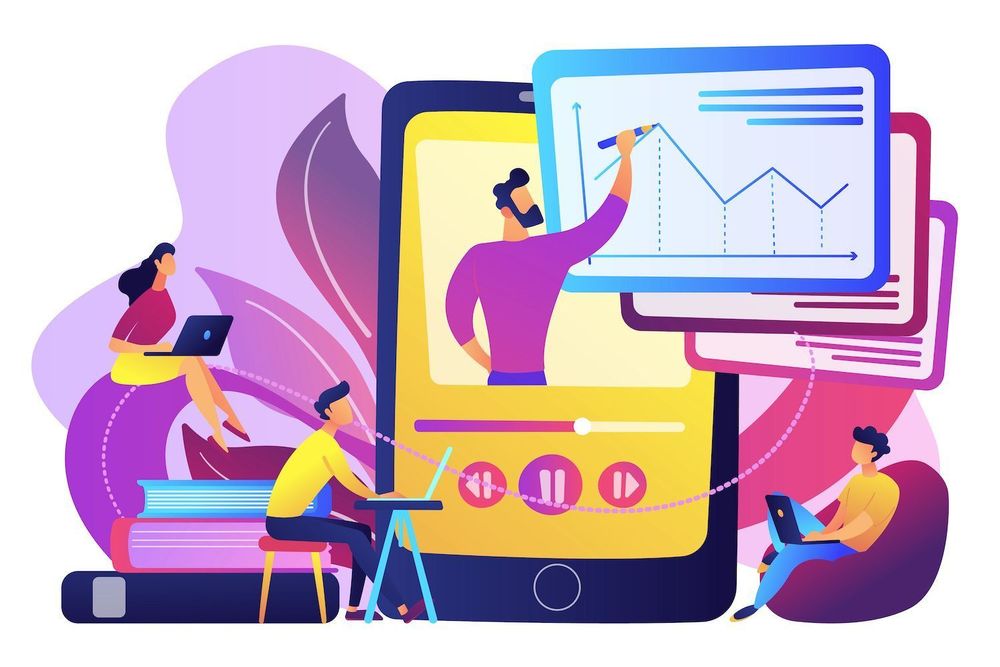What is the Epic Wants for App Stores What Other game developers are Really Looking For? -
While mobile game and application developers struggle to breathe under the duopoly tax of 30 percent, which players must pay nearly all revenue from mobile games across the globe, Epic Games has emerged as the most prominent company in the world of gaming striving for open computing to mobile.
They privately asked big as well as small game studios about what they want in the game. These are the responses they gave to hear.
Background: The slow death of Open Computing, and the 30% tax on applications
Computing has never been more open as it is now. The video game industry as well as developers were relying on free computing using PC and Mac platforms since it allowed developers to design games in any way they like, enjoy close relationships with their customers and choose appropriate payments for the game. There was no need for gatekeepers, only gaming computer and players. The way we live has changed.
At present, over half of the time spent on screens for computing is via mobile devices, and the proportion is growing. Additionally, almost 100percent of the market share for smartphones is divided between Apple in addition to Google. Because of this dominance of mobile-based market share, and the stifling controls in the distribution of games and online commerce, the realm of computing for free is now in danger like ever before. It is creating a massive price for consumers but the creators of games and apps.
In this case in this particular instance, both Google and Apple's apps stores have a 30% fee for all games and related games distributed via their platform. Apple has the sole game distribution and online shopping through iOS devices. But, Google allows OEM marketplace applications as well as the addition of games to mobiles. However, it prohibits third-party game-based payment options to games which are available through Google Play.
Google Play does offer a payment integration feature which third-party businesses can utilize for a small number of game makers through it's " user choice billing" trial. However "user preference billing" is associated with expensive evergreen market charges that range between 26% to 36%, regardless of whether you select to make use of the payment services of your own and take on all risks and responsibility associated with payments.
The consequence of Apple as well as Google's control over a significant part of the world's computing is the existence of a 30% tax for mobile apps and games, which is collected by the users. The tax is obstructing game developers, thereby hindering open computing as well as eCommerce. Because of this stifling effect on open computing, designers of games large and small are convinced that they need to change their methods.
What are game designers that aren't Epic for?
The team began a lengthy journey that lasted a short moment to meet with game studios both large and small regarding the aspects they'd love to see happen to rules for mobile games. Though not everyone was in agreement about every aspect, these are the three things they talked about with them that they would like to see:
1. iOS to support sideloading games without scare screens.
iOS is restricted to some time "sideloading" applications as and games if they are downloaded outside the App Store, through the website of the developer or from an different market. This feature permits users to purchase, and developers to offer their games as they like, and which they are prepared to follow. Android lets sideloading apps and games by means of strong warnings, in the form of "scare screens" which warn people with mobile phones about the risks of "downloading apps from websites." The majority of game developers we spoke to were of the opinion that Apple could let sideloading be allowed and Apple as well as Google must not use excessive self-serving screens that denounce the the distribution of software on other websites that their own apps stores.
2. Unrestricted "steering" as well as embedded payments through third-party payment platforms.
Both Google as well as Apple restrict pricing, in addition to the purchasing alternatives offered by third party payment service providers that are not available through marketplaces of apps. Likely items are available at a reasonable cost to the buyer however game designers can't direct users to these alternatives and connect with other purchasing alternatives, or incorporate the experience of an outside source in their games. Although many game designers spoke of the advantages of using store apps, the general choice was to give users and developers the ability to select and decide, removing from steering and the limitations of payment.
3. Zero fee on steering or embedded payment.
The capability to permit control and payment embedded in the system is something. But the way Google has done it with its "user billing feature" pilot, the capacity to perform things and financial motivation to perform this task are two different aspects. The test of "user bill option" featuring a still-massive 26% fee for transactions through third party payment providers and the additional costs they charge for their services and this is not a advantage to the majority of creators of games. Game developers we talked to believed that zero was a good number when it comes to transactions that aren't accessible in the stores for applications. They were all more in favour of incentives of some sort that would be offered in exchange for apps that would help drive game downloads and the use. But the percentage of 26% for all third-party transactions throughout the time does not align with the notion that game creators believed would be appropriate.
What's next?
There are many of nuanced and specific concerns regarding the manner in which app stores operate that developers are eager to discuss, three main demands are the basis of what they believe would be the most significant change to open computing on mobile devices.
About

David Nachman David is the CEO of the established and reputable full-service supplier of the field of e-commerce to software firms. David is charged with overseeing the expansion of the company based on its impressive track experience in providing top-of-the-line ecommerce solutions for the rapidly growing market of software. In the last 20 years, David worked in various roles ranging from functional vice presidents to CEO in high-growth firms like Vision, Velocify, and HireRight.
This article was originally posted this site
This post was first seen on here
